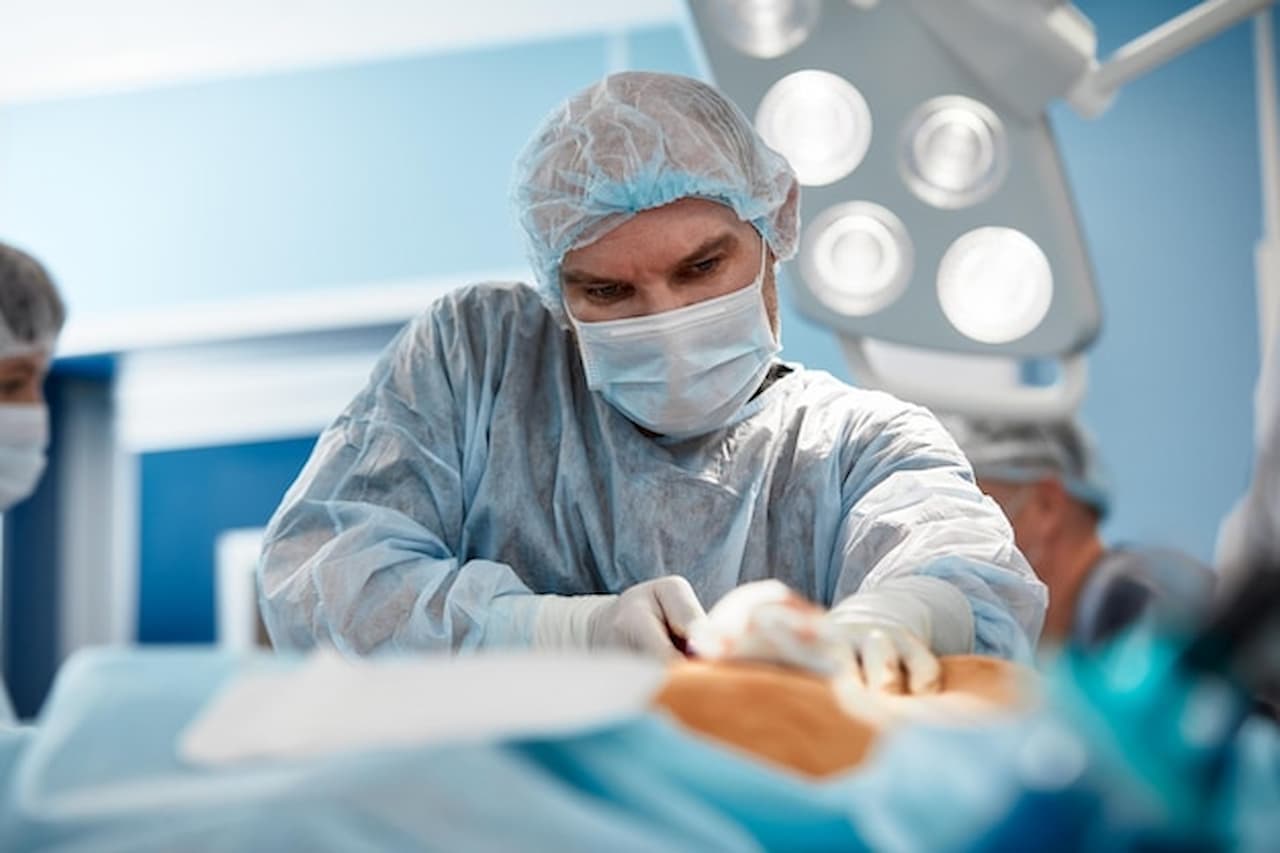If you’re considering liposuction, there are a few things you should know beforehand. First and foremost, you should avoid lifting heavy objects while you’re recovering. Instead, leave these to a professional. You should also avoid eating salty or spicy foods, which can cause fluid retention and slow recovery. After liposuction, you’ll typically be given a liquid diet to help you recover. Keep reading our post for further tips for liposuction.
When to Undergo Liposuction
Liposuction is a surgical procedure that removes excess fat and skin. The procedure involves making a small incision in the area that will be treated. A hollow tube is attached to a suction machine, which draws out the fat. Liposuction takes between one and four hours to complete. Most patients return to work in a week or two.
After liposuction, patients may experience some swelling and fluid retention. This should subside over a few weeks, but the area may remain sore for several months. It is best to discuss the recovery process with your plastic surgeon. The recovery time depends on the amount of fat removed.
You will receive detailed instructions from your plastic surgeon about the procedure before it takes place. Typically, patients will undergo a physical exam and lab tests before the surgery. You will also be required to stop taking any medications or supplements. Smoking should also be stopped before liposuction, as it can increase bleeding. In addition, patients should avoid eating for 12 hours before the procedure.
People with blood-clotting disorders and severe heart problems should not undergo liposuction. The procedure may also lead to abnormalities in the body. In rare cases, patients may develop lipomas, which are benign fatty tumors. Pregnant women may also be asked to stop taking the contraceptive pill for two weeks prior to the procedure.
Is liposuction Dangerous?
Liposuction is a cosmetic surgery that uses a thin tube or cannula to remove fat from the body. The procedure is safe for most patients, and the risks are mostly aesthetic. Some patients may experience skin irregularities or unevenness after the procedure.
The risk of complications increases with the amount of fat removed, the surgeon’s qualifications, and the length of the procedure. Despite the risks, many of these side effects are temporary and will go away in a few weeks.
Liposuction can be dangerous for the heart. The surgeon can accidentally puncture a blood vessel or internal organ, resulting in a fatal heart attack. Liposuction can also result in pulmonary edema, which can be life-threatening. The use of lidocaine also carries a risk of lidocaine toxicity, which can cause serious problems with the central nervous system and heart.
Some people may experience hypertrophic scars. Most surgeons screen for this condition during the preoperative consultation. This is a type of scar that can develop after liposuction. However, it is rare and generally fades within a year or two. Moreover, the skin may develop depressions in the suctioned areas.
Other complications of liposuction include bleeding or leaking of serum. Those with obesity and excessive fat suction using a large cannula are at higher risk. There is also a chance of permanent nerve injury, but this is rare. Any cosmetic surgery comes with risks. Choosing an experienced surgeon is essential to minimize these problems.






